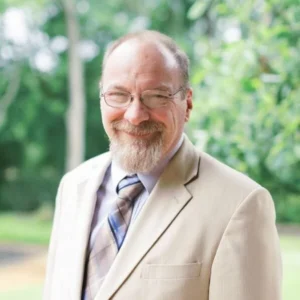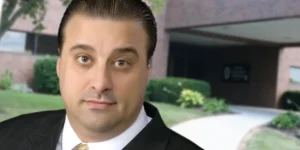I had the pleasure some time back of being with about 1300 college students for two sessions on healing. Their morning chapel service was a requirement so I didn’t expect folks to respond in any great number. I was thinking we’d prime the pump in the morning, but that those who showed up for the evening service would be the ones who really entered into the opportunity for healing.
I was wrong.
Something like a hundred people responded in the morning session. Another fifty or sixty were seen in pairs all around the room, praying for each other. The incredible thing about it for me was that all those college students came forward, fell to their knees and then began ministering to each other.
They weren’t looking for an adult or a professional to do their praying for them. They didn’t ask me, the chaplain or any other adult to do what they could do for themselves. They just needed space and an invitation to care for each other.
It was beautiful. And biblical.
Carey Nieuwhof talks about having courage to shift care. It is the principle of Exodus 18, where Jethro confronts Moses about trying to do everything himself. He says (my loose interpretation), “You’re going to kill yourself by leading this way. You need to appoint others to care for the people, so that your strength is reserved for leadership-level decisions.”
When the church professionalizes spiritual care to the point that we make “regular” people feel powerless to care for one another, we have absolutely failed to be the church. Calling it “pastoral care” reveals the core of the problem. Pastoral care is what pastors do; “people care” is what communities do.
Nieuwhof says, “Even Jesus adopted the model of group care, moving his large group of hundreds of disciples into groups of seventy, twelve, three, and then one. Group-based care isn’t just practical, it’s biblical.”
And it is most definitely Methodist. This was the foundation of Wesley’s structure. Wesley’s model of discipleship was rooted in a system of groups; in fact he didn’t let you come to worship if you weren’t in a group.*
Groups are what it means to be Methodist because sanctification is what it means to be Methodist.
The gift of it for the faith community is that it spreads out the responsibility of spiritual friendship. This is our vision at Mosaic. It is for relationships to be 360-degree relationships. Not just person to pastor or person to group leader, but person to person to person to person, building a web of friendships that build a strong community.
In our tribe, that’s how it is done. Any other formula only leads to burn-out and a poor imitation of what church is meant to be.
* See this article, especially the quote by Kevin Watson. http://www.umc.org/what-we-believe/hows-your-spiritual-life-the-class-meeting-for-today
See also Watson’s exceptional book: The Class Meeting.








